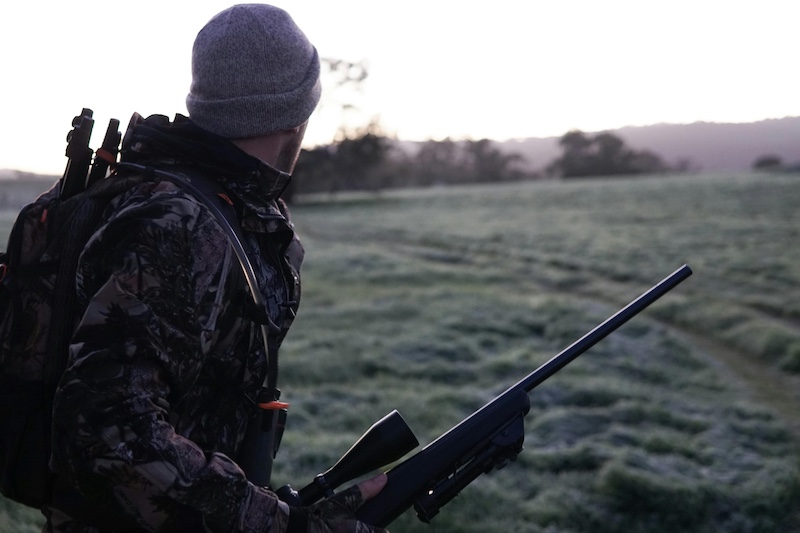Before I get into this piece, this article is only here because it is a question that I get a lot.
What are my thoughts on hunting, etc.
Rather than send people to read something I have written on another blog, I have decided to post it here.
That being said, here we go.
We’ve all heard the claim: hunting is essential for conservation.
It’s repeated so often it sounds like common sense.
But is it really about protecting ecosystems, or is it just a convenient justification for killing under the guise of environmental stewardship?
Let’s be honest, when a wealthy trophy hunter flies halfway around the world to shoot a lion, giraffe, or elephant, are they really thinking about biodiversity, or are they chasing a once-in-a-lifetime photo op and a story to tell at the country club?
The term “conservation hunting” is an uncomfortable oxymoron.
It’s a PR strategy.
A clever bit of linguistic camouflage.
It tries to make killing sound noble.
Killing, after all, is an act of destruction.
Conservation, at its core, is about protection and preservation.
How did we arrive at the idea that the two can be so seamlessly intertwined?
Proponents argue that the money from trophy hunting goes toward local economies and wildlife management.
But when you dig deeper, the numbers rarely add up.
According to multiple reports, only a fraction of the revenue from these hunts trickles down to local communities or genuine conservation efforts.
The rest?
Pockets of outfitters, middlemen, and corrupt officials.
More importantly, the ethical cost is rarely discussed.
Conservation rooted in violence perpetuates the dangerous narrative that animals only have value when they’re worth something to us; when they can be mounted; worn; or sold.
That’s not conservation.
That’s commodification.
Contrast this with true wildlife preservation models, like community-led eco-tourism, anti-poaching initiatives, or habitat restoration.
These approaches offer long-term benefits to ecosystems and people without reducing living beings to trophies.
They build respect for wildlife instead of dependence on killing it.
“Conservation hunting” also relies on a selective morality.
We’re told some animals need to be killed to save others.
But would we accept this logic if it were applied to domestic dogs or cats?
Or humans?
It’s a shaky ethical foundation to suggest the best way to save animals is to shoot them, especially when non-lethal alternatives exist.
Of course, supporters will say it’s more nuanced.
That some hunting helps manage populations, prevent disease, or reduce human-wildlife conflict.
And yes, in some controlled, scientifically managed cases, lethal intervention may, as a last resort, be necessary.
But there’s a world of difference between that and an industry built around recreational killing.
The issue isn’t about demonising every person who hunts.
It’s about holding up a mirror to an industry that has dressed itself in the language of care while practicing destruction.
If conservation really is the goal, then the conversation needs to shift, from killing for profit to coexisting with purpose.
Words matter.
And “conservation hunting” is a con.
It allows us to feel better about uncomfortable truths.
But it’s time to drop the euphemisms and ask a harder question:
What kind of world are we building if saving it means destroying it one bullet at a time?
Photo by Elle Hughes
Cameron Blewett is an independent writer and publisher. He helps professionals and organisations turn complex ideas into clear, authoritative writing through Dark Quill Agency. His work spans projects including CameronBlewett.blog GreyBeardedVegan.blog, ItsAllAbout.coffee and VeganStoic.com.
